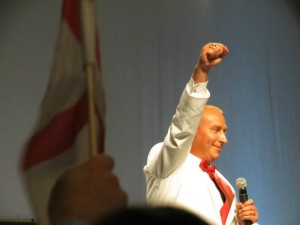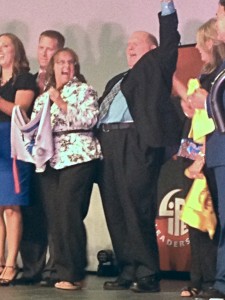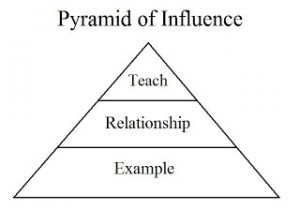As most of you who follow my blog know, I just did a post on credibility. Fortunately for all of us there are always critics, haters, or simply people who have nothing else to do with their life except watch other people’s lives. With all that said they also play a very important role in the process of success because without them there wouldn’t be a……..check and balance is a good term, I think. Ok that was sarcasm but in actuality we all need people in our lives that will point out our flaws and mistakes (some will do it in a positive way, others will do it in a negative way). Without them we would never have the chance to prove our credibility. Well it has come to my attention that “a group” has identified that I hadn’t paid my property tax on the house that I bought from Orrin. Why someone would be trying to find that information I am not quite sure, but yes it is true. Let me say this so this doesn’t get twisted. I FORGOT TO PAY MY PROPERTY TAX. Haven’t we all forgotten to do something or messed something up? So here IS what happened.
– Moved into the house at the end of the 2011
– Tax bills come in twice a year, so about 6 months later I received the first one
– Threw it in my bill drawer because it wasn’t due yet
– Missed the deadline but mailed in the check anyway
– A while later the check came back and said I was past the deadline
– Either I missed it or it didn’t say it but once you miss the deadline you have to mail it to a different address
– I mailed it to the same address again ( stupid of me, yes, never claimed to be the sharpest knife in the drawer )
– By this time it was well into 2012 maybe even 2013
– Mailed another check in but stopped payment on it because the new 2013 taxes came in and it had a different address then the previous one ( which I now know as the “late payment” address )
– Was made aware that people were “very excited” to see that I am human and made a mistake 🙂
– Went to the office and finally figured everything out and stroked 2 checks to pay for all of the taxes. Done
Now unfortunately for some of you out there we were not trying to avoid paying them. We are not struggling financially and neither Orrin or Chris “bailed us out” …..sorry. As a matter of fact because of the smart financial principles that The Life Leadership has taught us I was able to write the $28,000 checks and take care of it. So yes it is correct. Even Policy Council members make mistakes. However we don’t try to hide from them when confronted. Instead we do own up to them and we do try our best to make things right. I just wonder if the people who are throwing stones do the same. I am guessing not, otherwise they would be too busy with something else instead of worrying about me paying my property taxes. I grew up with so many people who hated on other people or blamed other people and it always fueled me to become better and continue to prove them wrong. The sad part about this case is some of them are people I use to call friends and as far as I know I never personally did anything to them except be nice and edify them. As I have said in many of my talks…..HUMAN. I have always tried to live my life around the fact that people are messed up and are going to make mistakes. I just did and so does everyone else. As my article says it’s not about IF or WHEN you make a mistake, it’s what you do about it after you make it. What are you doing about the mistakes you have made? I guess I should probably hand over my taxes to my accountant because I am sure she is perfect haha.
Thank you to the people who allowed me to show our teammates a live example of what you do when you mess up. I’m pretty sure mistakes will happen again because……HUMAN!
Bill Lewis
p.s. Just so they don’t say I am trying to hide from something. I also bought a $20,000rental property in downtown Flint 14 years ago. I paid of the property and rented it for a while. Eventually, we could not get anyone to rent the property. I even called the city to try and give them the house but they said they had so many they couldn’t use the ones they had. The city was doing a house clean up where they tear down old house. I stopped paying the taxes and the city claimed the house and tore it down.





